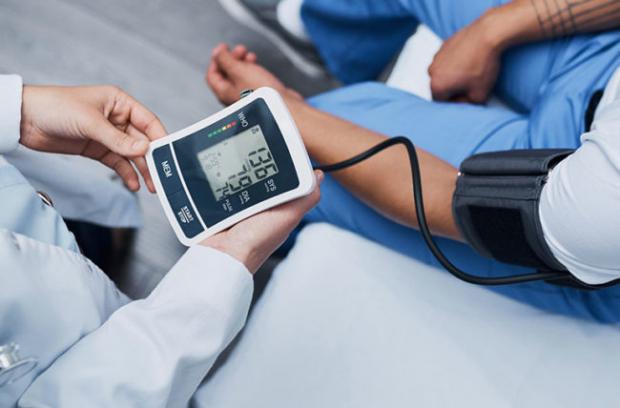
Breaking News
 China's Nightmarish New Bio Weapon Targets Race and Ethnicity
China's Nightmarish New Bio Weapon Targets Race and Ethnicity
 The Epstein Files Just EXPOSED the AI Mind Control Agenda (2026 Warning)
The Epstein Files Just EXPOSED the AI Mind Control Agenda (2026 Warning)
 Maxwell offers testimony if granted Trump clemency
Maxwell offers testimony if granted Trump clemency
 How RFK Jr's Guidelines Could Change Farming - Joel Salatin
How RFK Jr's Guidelines Could Change Farming - Joel Salatin
Top Tech News
 SpaceX Authorized to Increase High Speed Internet Download Speeds 5X Through 2026
SpaceX Authorized to Increase High Speed Internet Download Speeds 5X Through 2026
 Space AI is the Key to the Technological Singularity
Space AI is the Key to the Technological Singularity
 Velocitor X-1 eVTOL could be beating the traffic in just a year
Velocitor X-1 eVTOL could be beating the traffic in just a year
 Starlink smasher? China claims world's best high-powered microwave weapon
Starlink smasher? China claims world's best high-powered microwave weapon
 Wood scraps turn 'useless' desert sand into concrete
Wood scraps turn 'useless' desert sand into concrete
 Let's Do a Detailed Review of Zorin -- Is This Good for Ex-Windows Users?
Let's Do a Detailed Review of Zorin -- Is This Good for Ex-Windows Users?
 The World's First Sodium-Ion Battery EV Is A Winter Range Monster
The World's First Sodium-Ion Battery EV Is A Winter Range Monster
 China's CATL 5C Battery Breakthrough will Make Most Combustion Engine Vehicles OBSOLETE
China's CATL 5C Battery Breakthrough will Make Most Combustion Engine Vehicles OBSOLETE
 Study Shows Vaporizing E-Waste Makes it Easy to Recover Precious Metals at 13-Times Lower Costs
Study Shows Vaporizing E-Waste Makes it Easy to Recover Precious Metals at 13-Times Lower Costs
If You Have High Blood Pressure, Avoid These Foods

Over three-fourths of our salt consumption comes from sneaky sources.
From the type of cheese you buy to condiments, many foods sneak salt, sugar, and fats into your diet. Once you know about these foods, you can avoid them--and gradually lower your blood pressure. Learn about the foods that people with hypertension should avoid.
Don't Pick Pickles
Although they're tasty, pickles are the epitome of "salty food." A medium-sized pickle supplies a max of 800 mg of salt, over half of your daily recommended dose on a low-sodium diet. In 2018, a study by LiveStrong confirmed that eating pickles raises blood pressure.
As with all high-sodium foods, pickles are fine in moderation. But combined with other salty foods--deli meat sandwiches, cheeses, and hot dogs--will heighten your salt intake considerably. Salt places greater pressure on your blood vessels, which increases blood pressure. If you like pickles, restrict your serving sizes.
Condiments Are Sneaky Salt Sources
Salt sneaks into almost every condiment. For instance, ketchup supplies 160 mg of salt per tablespoon. Teriyaki sauce marinades have almost 700 mg of sodium. Soy sauce is the worst: 1,500 mg of salt per one tablespoon! And many people glaze more than one tablespoon on their meals.
The American Heart Association recommends finding low-sodium alternatives. You can make your own hot sauce, BBQ sauce, and ketchup at home. For salad dressings, hunt down a fat-free or "light" version. And always remember to measure out your portions.

 Smart dust technology...
Smart dust technology...

